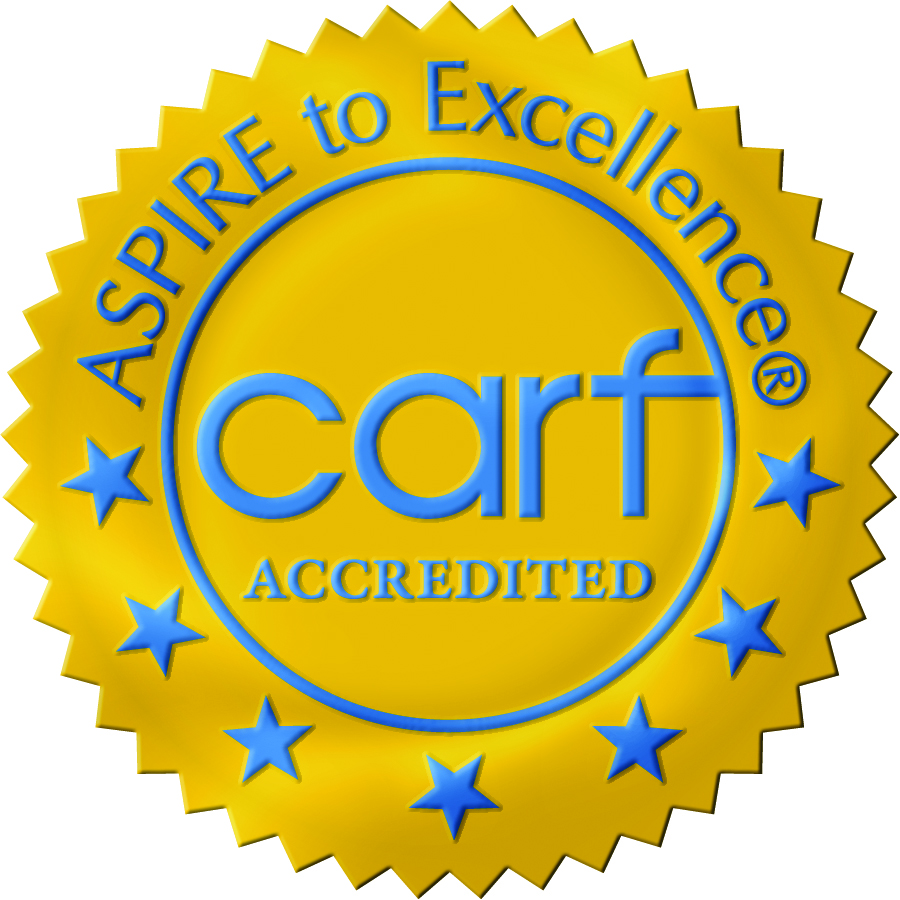At Affable Care, we believe that effective caregiving is supported by a strong, collaborative team. That’s why each caregiver and client duo is supported by an Assigned Care Management Team, utilizing a multidisciplinary approach to enhance the quality of care provided. This team consists of healthcare professionals from various fields, including registered nurses, case managers, social workers, and specialists tailored to meet the specific needs of each client.
The primary role of the Assigned Care Management Team is to ensure that caregivers receive the ongoing support they need to provide exceptional care. This team collaborates closely with caregivers to develop, implement, and refine care plans, ensuring these plans are comprehensive and dynamically suited to the client’s evolving needs.
Ongoing training sessions are conducted to keep caregivers up to date with the latest caregiving techniques and practices. These sessions are designed to address specific aspects of care as required by the client, ensuring caregivers are well-equipped to handle medical, behavioral, and emotional care needs.
Care managers coordinate with medical professionals to manage the client’s health issues. This includes scheduling medical appointments, arranging for specialist consultations, and ensuring that all medical recommendations are followed and integrated into the care plan.
The team ensures that caregivers have access to necessary resources, including medical supplies, support equipment, and community services, which can enhance the living quality of the client.
Through regular visits and check-ins, the team assesses the client’s condition and the caregiver’s performance. This continuous evaluation helps in making timely adjustments to care strategies and interventions as needed.
Caregivers have access to 24/7 emergency support from the team, providing immediate professional assistance whenever critical situations arise.
By employing a multidisciplinary team approach, Affable Care ensures that all aspects of a client’s health and well-being are addressed. This approach fosters a holistic view of care, which not only improves the efficacy of caregiving but also supports the physical, emotional, and social health of the client. Caregivers benefit from a collaborative environment where professional guidance is readily available, reducing caregiver stress and improving job satisfaction.



